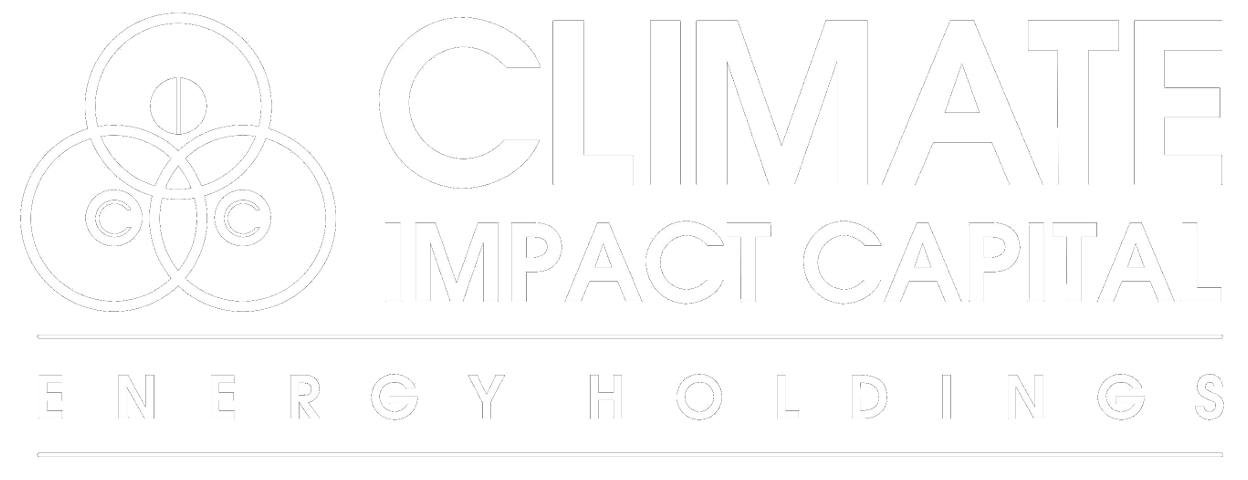Energy Advisors
What is an Energy Advisor?
An energy advisor, consultant or specialist is a subject matter expert who provides a consultative approach to support consumer or companies as they embark on their journey with new energy solutions, emerging grid service solutions including behind the meter or off-grid options, or just saving money on their electricity bill.
CIC Energy Advisors act to demystify new energy opportunities and offer a range of energy efficient options to make a positive impact! Advisors will lead consultations, perform energy audits, propose alternative power purchasing solutions and will even support commercial and industrial partners define strategies for energy procurement and risk management. Energy Advisor offer a number of benefits, including:
-
- Instant reductions in energy rates, along with energy efficient savings thanks to their knowledge of the market and deep commitment to their network of contacts to offer pragmatic solutions based on your unique needs
- Improved knowledge of power markets at a lower cost than traditional management of dwellings and facilities
- Implementation of a procurement, energy management and monitoring solutions that yield near to long-term economic benefits
- Better navigation of of regulatory changes, opportunities, and risks versus reward scenarios
- Ability to implement customized strategies to mitigate greenhouse gas emissions and enhance key performance metrics
An Energy Advisor is a local resource to become a lifelong partner as your independent energy management expert. They cater to your needs to meet time and resources in a timely manner.
Consumers often turn to Energy Advisors to integrate a fixed cost solution for their energy consumption, gain a better understanding of power markets, or to demystify the complex pricing structures of traditional utility providers, or simply have a counterpart to negotiate with costly providers.
Energy Advisors can provide complex services for off-grid, backup power or resiliency solutions that have higher impact and value propositions, such as improvements in energy efficiency in order to meet sustainability targets, cut consumption costs, and/or develop net-zero communities or microgrids.

